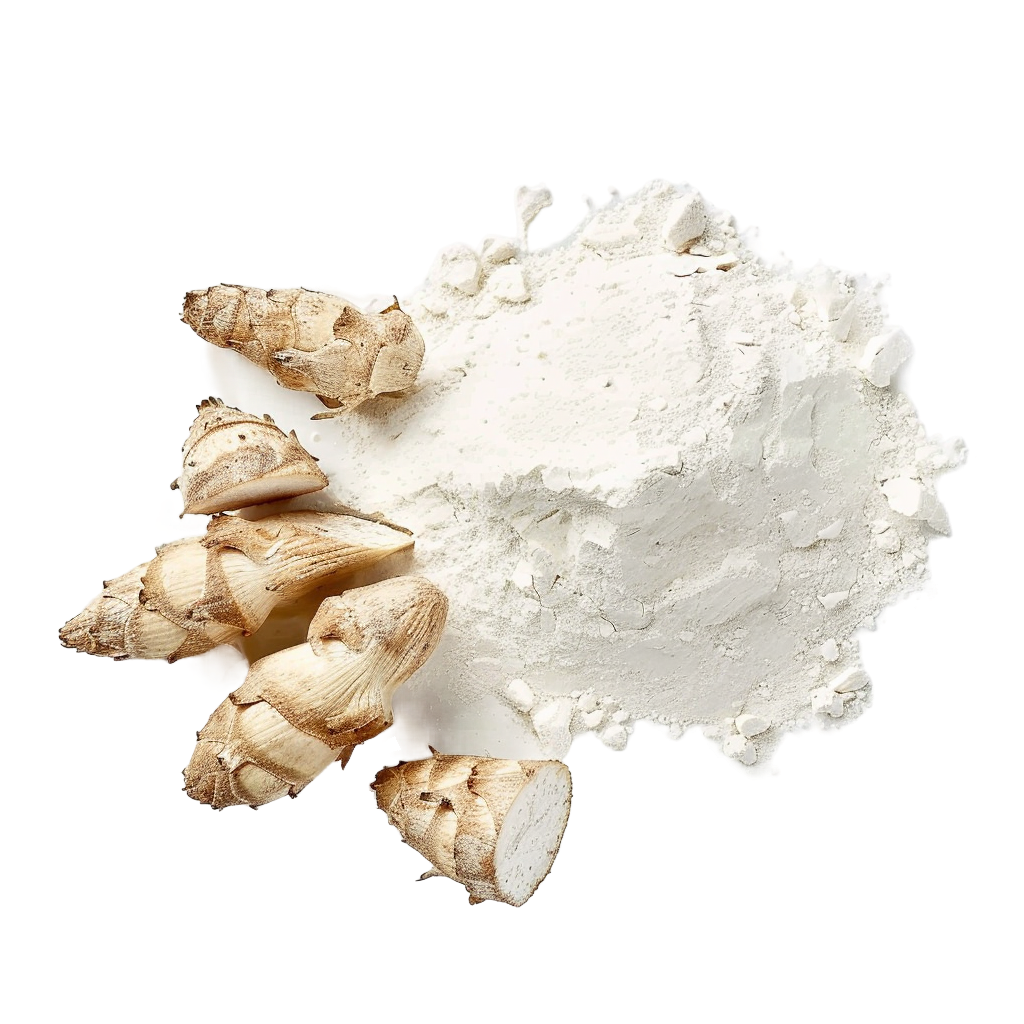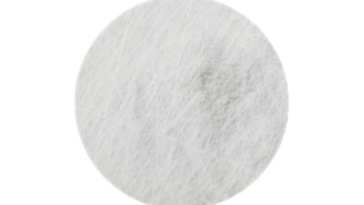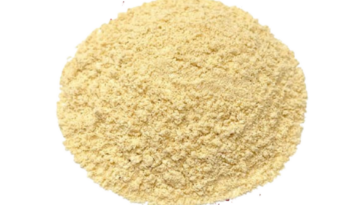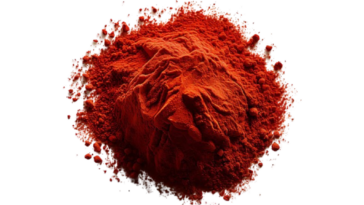Jerusalem artichoke inulin, derived from the tuberous roots of the Helianthus tuberosus plant, has a fascinating origin deeply rooted in North America’s indigenous history. Native to eastern North America, particularly in regions spanning from present-day Canada to the central United States, the Jerusalem artichoke plant held significant cultural and culinary importance for indigenous peoples. Historically, various Native American tribes, including the Cherokee and the Iroquois, cultivated and consumed Jerusalem artichoke as a staple food source. Its versatility and nutritional value made it a valuable addition to their diet, with the tubers being roasted, boiled, or eaten raw.
The European encounter with Jerusalem artichoke dates back to the early 17th century when French explorer Samuel de Champlain encountered the plant during his explorations of North America. Fascinated by its taste and potential as a food source, Champlain brought Jerusalem artichoke back to Europe, where it quickly gained popularity. Initially cultivated in France as a food crop, Jerusalem artichoke eventually spread across Europe, reaching other parts of the continent, including England and Germany. Over time, its cultivation expanded globally, and its tubers became valued not only for their culinary uses but also for their medicinal properties, particularly in traditional herbal medicine systems. Today, Jerusalem artichoke inulin is recognized for its prebiotic properties and is used in various food and dietary supplement applications, owing its origins to centuries of indigenous cultivation and early European exploration.
Vitamins & Minerals:
Jerusalem artichoke inulin, derived from the root of the Helianthus tuberosus plant, is a rich source of various vitamins and minerals essential for human health. Here’s a comprehensive list and brief explanation of each:
- Vitamin C: Known for its antioxidant properties, vitamin C plays a crucial role in boosting the immune system, promoting healthy skin, and aiding in the absorption of iron. It also acts as a cofactor for enzymes involved in collagen synthesis, which is vital for wound healing and maintaining the integrity of connective tissues.
- Potassium: Potassium is an electrolyte that helps regulate fluid balance, nerve function, and muscle contractions. Adequate potassium intake is associated with lower blood pressure levels, reducing the risk of stroke and heart disease. Additionally, it supports proper kidney function by facilitating the excretion of waste products.
- Iron: Iron is essential for the production of hemoglobin, the protein in red blood cells responsible for transporting oxygen throughout the body. It also plays a role in energy metabolism, DNA synthesis, and immune function. Insufficient iron intake can lead to anemia, characterized by fatigue, weakness, and impaired cognitive function.
- Magnesium: Magnesium is involved in over 300 enzymatic reactions in the body, including energy production, protein synthesis, and muscle function. It plays a crucial role in maintaining bone health, regulating blood sugar levels, and supporting nerve transmission. Adequate magnesium intake is associated with a reduced risk of type 2 diabetes and cardiovascular disease.
- Calcium: Calcium is the most abundant mineral in the body, primarily found in bones and teeth, where it provides structural support and strength. It also plays a role in muscle contraction, nerve transmission, and blood clotting. Adequate calcium intake is essential during childhood and adolescence for bone development and in later years to prevent osteoporosis.
- Phosphorus: Phosphorus is a major component of bones and teeth, second only to calcium. It is involved in energy metabolism, DNA and RNA synthesis, and maintaining acid-base balance. Phosphorus works in conjunction with calcium to support bone health and is also crucial for the proper functioning of cell membranes.
Jerusalem artichoke inulin not only provides these essential vitamins and minerals but also offers a dietary fiber known as inulin, which acts as a prebiotic, promoting the growth of beneficial gut bacteria. This fiber contributes to digestive health, regulates blood sugar levels, and may help with weight management by promoting satiety. Incorporating Jerusalem artichoke inulin into your diet can be a nutritious way to boost your intake of these vital nutrients and support overall health and well-being.
Probiotic, Prebiotic, or Postbiotic:
Jerusalem artichoke inulin can be considered a prebiotic. Prebiotics are non-digestible fibers that serve as food for beneficial bacteria in the gut, promoting their growth and activity. Inulin, which is found in Jerusalem artichokes, is a type of prebiotic fiber that cannot be digested by humans but serves as a fuel source for probiotic bacteria in the gut, such as bifidobacteria and lactobacilli.
When consumed, inulin travels through the digestive tract until it reaches the colon, where it undergoes fermentation by the gut microbiota. During fermentation, beneficial bacteria break down inulin into short-chain fatty acids (SCFAs) like acetate, propionate, and butyrate, which provide energy for the cells lining the colon and have various health benefits.
In addition to promoting the growth of beneficial bacteria, inulin also helps maintain intestinal regularity, supports immune function, and may improve overall gut health. Therefore, Jerusalem artichoke inulin acts as a prebiotic by nourishing the probiotic bacteria in the gut, contributing to a healthy microbial balance and supporting various aspects of digestive and overall health.
Dietary & Health Information:
Jerusalem artichoke inulin, derived from the root of the Helianthus tuberosus plant, is a type of dietary fiber known for its prebiotic properties. Here’s some dietary and health information regarding Jerusalem artichoke inulin:
- Prebiotic Effects: Inulin is a type of soluble fiber that acts as a prebiotic, meaning it provides nourishment for beneficial bacteria in the gut. This can contribute to improved gut health and digestion.
- Blood Sugar Control: Some studies suggest that inulin may help regulate blood sugar levels, which could be beneficial for individuals with diabetes or those at risk of developing it.
- Weight Management: Due to its ability to promote feelings of fullness and regulate appetite, inulin may play a role in weight management and satiety.
- Digestive Health: Inulin can aid in regularity and promote bowel health by adding bulk to stools and supporting the growth of healthy gut bacteria.
- Immune System Support: The gut microbiota plays a significant role in immune function, and inulin’s prebiotic properties may contribute to a stronger immune system.
As for the maximum amount to take per day, there isn’t a strict guideline since individual tolerance can vary. However, it’s generally recommended to start with small amounts, especially if you’re not accustomed to consuming high-fiber foods, and gradually increase intake as tolerated. Too much inulin can lead to bloating, gas, and digestive discomfort in some individuals.
It’s also essential to note that while Jerusalem artichoke inulin can be beneficial for many people, those with certain digestive conditions like irritable bowel syndrome (IBS) may be more sensitive to its effects and should monitor their intake accordingly. Consulting with a healthcare professional or a registered dietitian is advisable, especially if you have any underlying health conditions or concerns.




 No products in the cart.
No products in the cart.